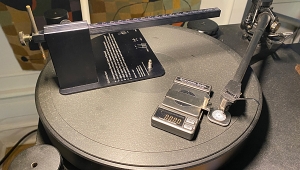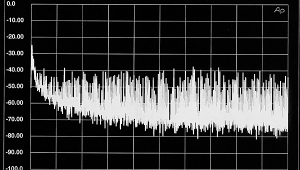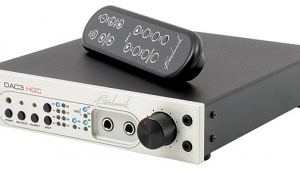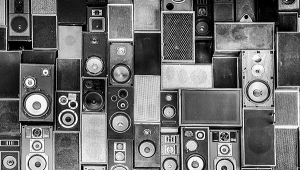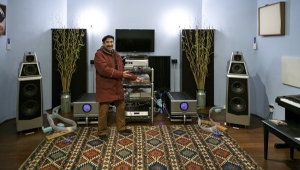| Columns Retired Columns & Blogs |
Hi, first of all thank you very much for doing this. It is very informative and I appreciate your time and efforts you spent on this. I do have a couple of questions though -
For the audibility tests, did you test the players/sources using the same outboard dac via spdif ? or were you listening to the analog outputs of the playback sources ?
Comparing the worst v/s the best is a great way of highlighting the differences and to educate users how jitter sounds like, however I feel it would have been perfect, especially after having spent the time and effort to come this far anyway, if you could have also thrown in to the listening test one or two players that had "average" or not too bad or good jitter. This would have kind of helped understand approximately whereabouts might be the threshold of audibility of jitter.
Thank you! and looking forward to hearing from you.
-PFM.


